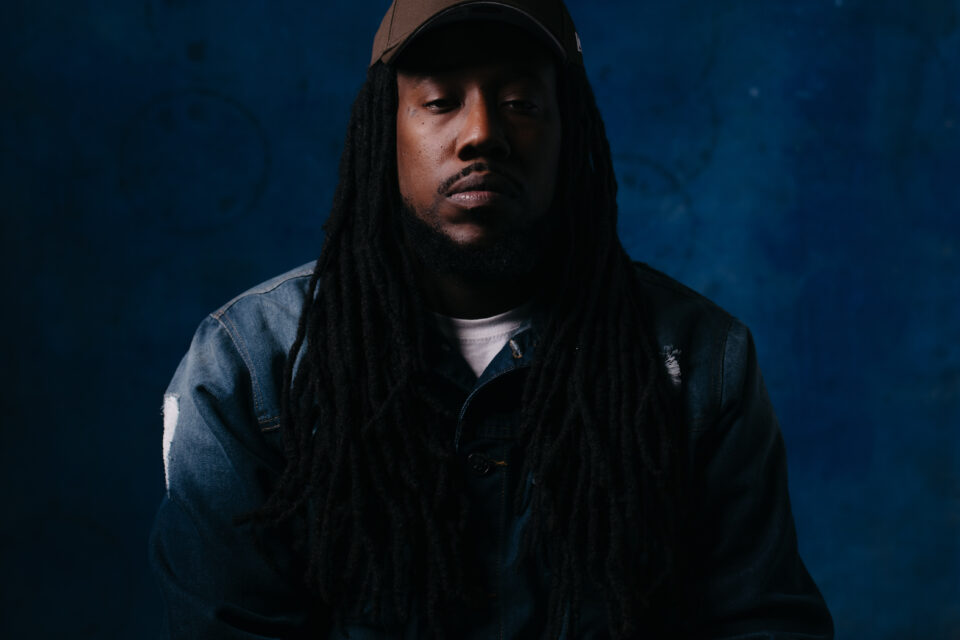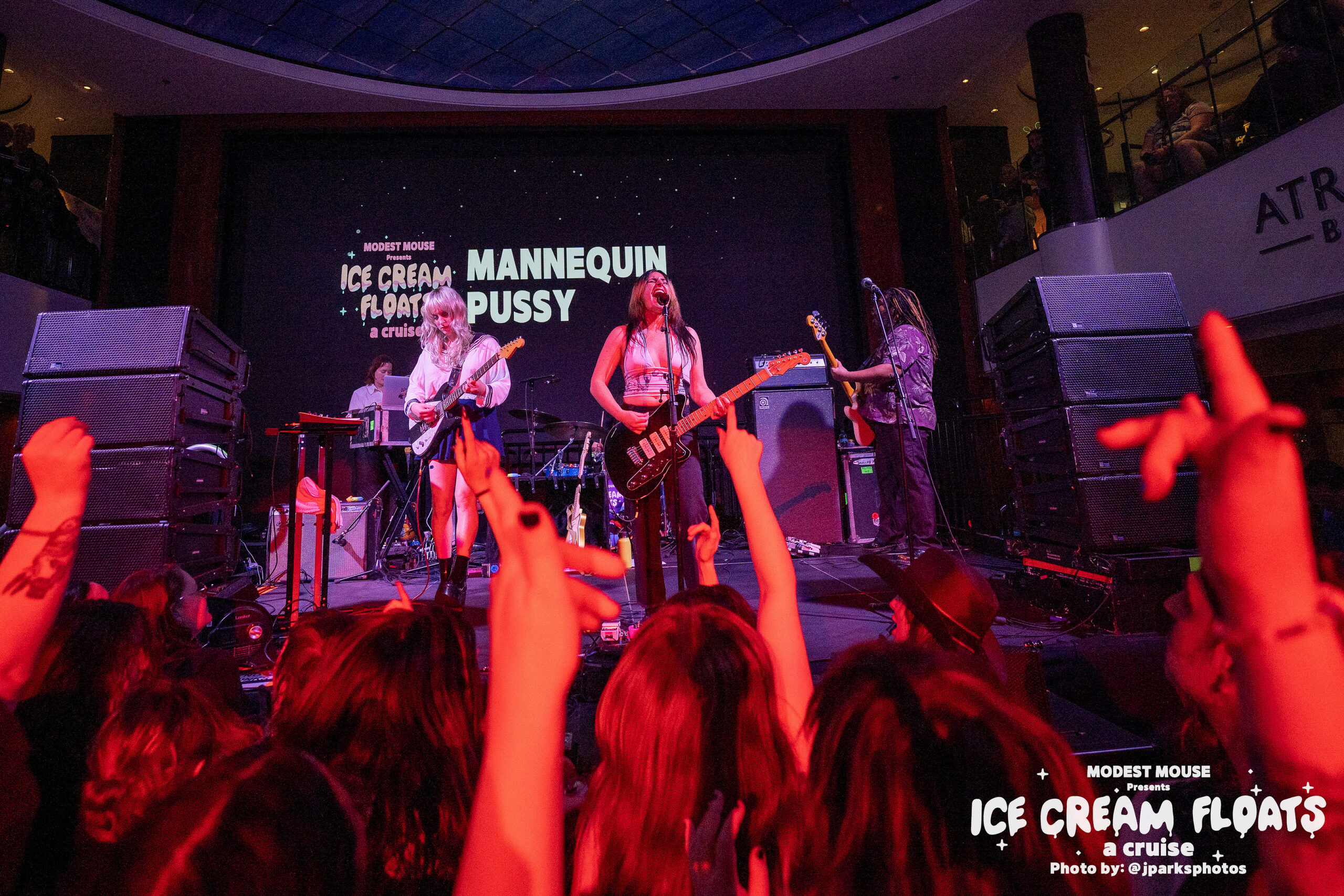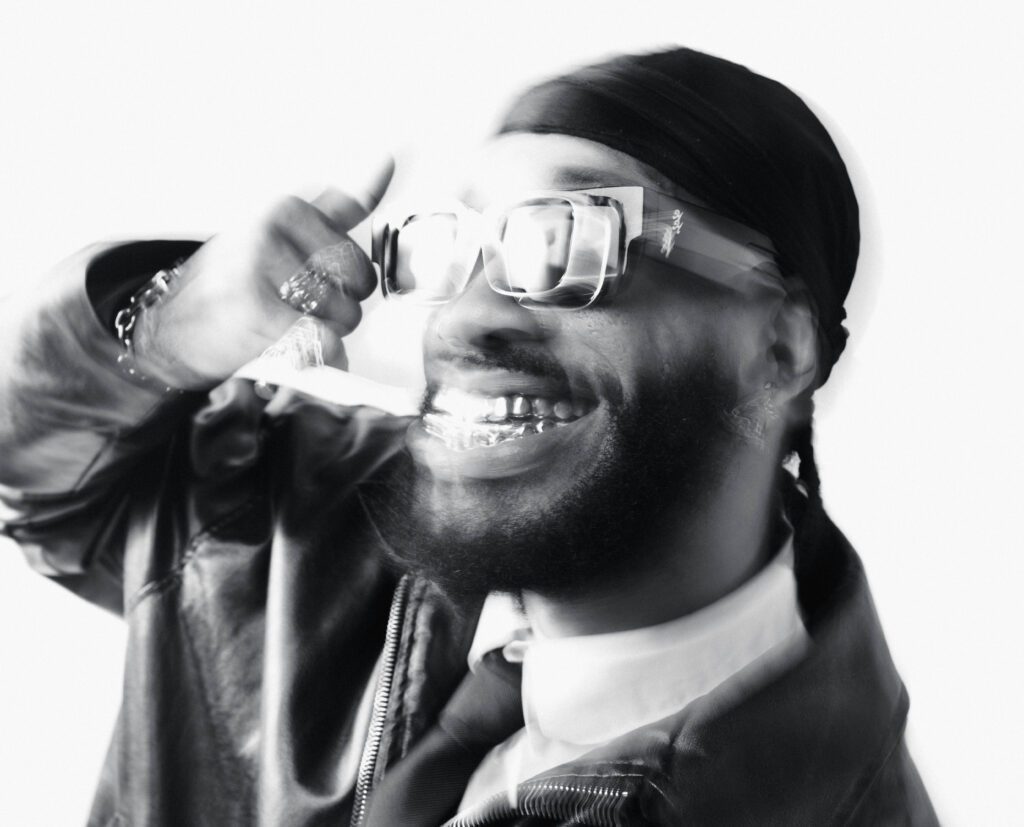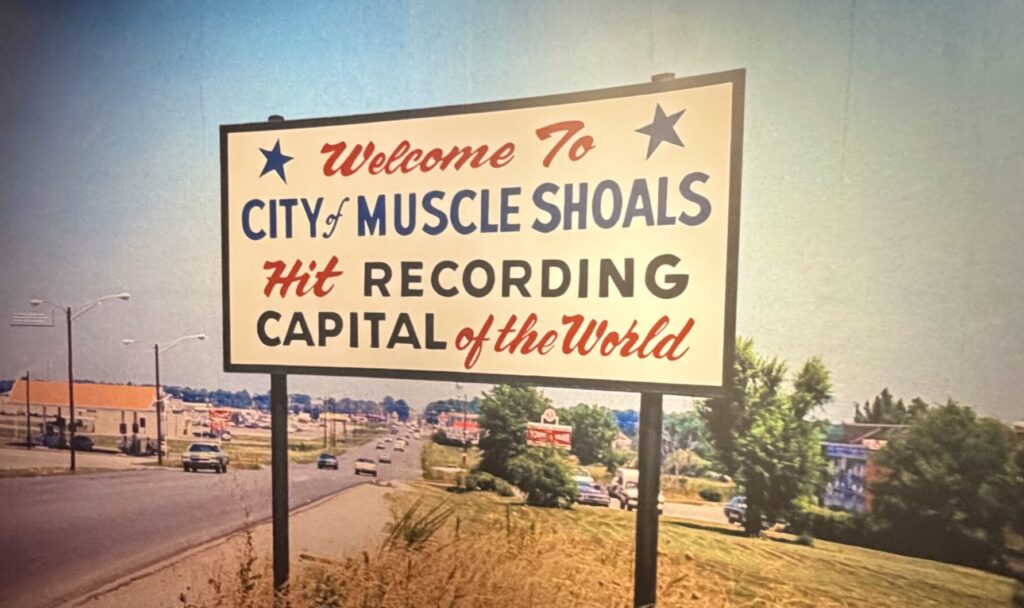Listen to VibeOut’s story of finding the sound he loves, then finding his voice
Before I interview an artist, there’s a simple yet significant question that needs to be answered: where is this sit-down going to happen? Ideally, it’ll be somewhere relevant to their music, somewhere I can witness them in action or gain insight into where they find inspiration or how they collaborate. A recording studio is a frequent go-to.
But VibeOut proposed a different setting: the headquarters of the Southern Movement Committee, a hub for community organizing.
This mindful, mellow member of the Nashville hip-hop community decided this was the best place to recount how he went from being a young music head who didn’t envision himself as a music-maker or change-maker to embracing both roles and releasing his debut album, “Good Things Coming Soon,” at age 35.
Vibe’s fellow rapper Mike Floss — who leads the organization’s efforts to harness art as activism — welcomes us into the North Nashville office space and points out the photos of Black heroes lining walls: Fanny Lou Hamer, George Jackson, Marsha P. Johnson, TSU students who fought for better campus conditions in the ‘90s.
When Floss strides away to sign for a delivery at the front door, Vibe quietly points out a framed image that’s particularly personal to him. It shows his daughter Tatyana marching with him and the rest of the Black Nashville Assembly when she was in third grade.


“She was out there every step of the way with us,” he says.

VibeOut poses next to a photo with his daughter.
“This is org is definitely one of my home bases,” he goes on. “And a lot of people that’s in this org with me, I took a lot from them. I got people I can ask questions, people that know what’s going on.”
Being part of the work done here profoundly influenced what Vibe rhymes about, and who’s alongside him. On his new track “Corner Store,” where a fitfully fluctuating beat frames his levelheaded flow, Floss pitches in with a verse and hook. It’s Vibe’s story of surviving youthful violence to become a champion for his community: “Thank God I ain’t behind the walls; I evolved.”
‘I found what I like’
Long before Vibe contemplated rapping, he was a Nashville school kid with a good ear. He experienced a formative moment early — think: fourth grade — when he heard a Janet Jackson track, featuring Q-Tip and produced by J Dilla. “At the time I didn’t know who J Dilla was, but I liked the production of it. So it was just like, ‘Oh, I found what I like.’ ”
Hey, the kid had taste. J Dilla was one of the most revered producers in underground hip-hop, thanks to his artfully deconstructed, endlessly emulated grooves.
By high school, Vibe had done his homework on poetic emcees and sophisticated rhythms. Since all his friends were into gangsta rap, he made excuses when they asked to borrow his discman, lest they discover that it held his favorite neo-soul CD.
“You know, cause I don’t want them to know I’m listening to Dwele and I’m with the homies,” he laughs.
When Vibe saw locals pursuing music, he started offering some sonic input, like the “homie A&R,” he jokes. “I was like, ‘Man, we got all these rappers here. We need people on the business side.’”
He completed a two-year program in music business and production at a local school, only for it to go bankrupt and leave him with no transferrable credits just as he was about to graduate: “It was like, ‘Man, I just wasted two years.’ It threw me off.”
‘It’s easy to trust him as an artist’
Demoralized, Vibe settled into a regular job, had his daughter and followed the scene as a fan — until he got a call one night in 2018 from one of his oldest, and most musical, friends, Sann-Mann, who’d just watched a documentary on Dr. Dre, Jimmy Iovine and N.W.A. called “The Defiant Ones” and decided he wanted to start his own “all-star group.

Vibe, watching TV at his grandpa’s house, was the first person Sann-Mann tried to recruit. And when Vibe protested that he didn’t rap, Sandmann insisted that he try. Not because they shared the same style — ”Oh, no, our tastes are night and day,” Sann-Mann emphasizes — but because he’d witnessed Vibe’s connoisseurship.
“It’s easy to trust him as an artist,” says Sann-Mann, “because I think he’s been training his ears since a child, and he found his groove on his own years ago.”
They started recording and hitting open mics together, and Vibe applied his A&R inclinations to critiquing his own vocal flow. “When I first started rapping, I think I was too wordy,” he reflects. “I just took on more of an abstract [style], but also paint the picture more, be more vivid.”
He was putting thought into what he wanted to say, and that’s when he got interested in learning about Civil Rights history, and joining the cause in Nashville now. “I didn’t grow up in this,” he says. “I evolved into this, showing that people we got power within the city if we all move together in the right way.”
‘It’s grown people music’
Vibe brought a similar mentality to “Good Things Coming Soon.” It opens with a gruffly heartfelt interlude from Sann-Mann. “I ain’t never seen somebody be fake-proud of somebody, especially as Black men, but as men in general,” he philosophizes over a glassy, quiet storm-style music bed. He concludes with a chant spelling out his pride in who Vibe’s become.
The album features other voices from various corners of the Nashville hip-hop community, who sound like they’re trying to elevate, not outdo each other. In his laidback but observant way, Vibe’s own lyrics connect his pursuit of individual enlightenment to his desire to see his musical and political communities rise together.
The production, by a partially local lineup that Vibe hand-picked, reflects his affinity for subtle use of samples, jazz chord voicings and idiosyncratic rhythmic architecture. “It took, like, two and a half years to make this,” he explains, “but I knew what I wanted to make.”
When you take in the full picture, it took Vibe a lifelong journey to finish his first full-length for good reason: he was as patient with the process of developing his perspective as he was meticulous about the sound: “It’s grown people music.”




